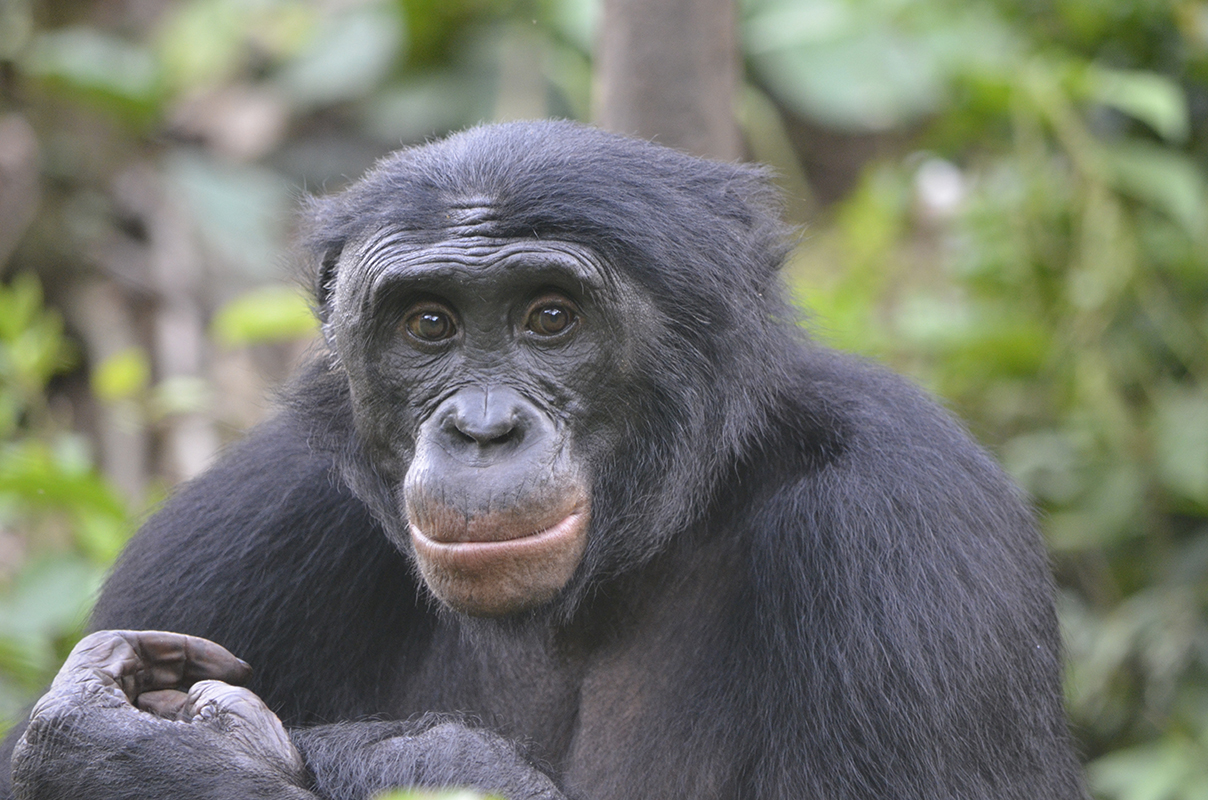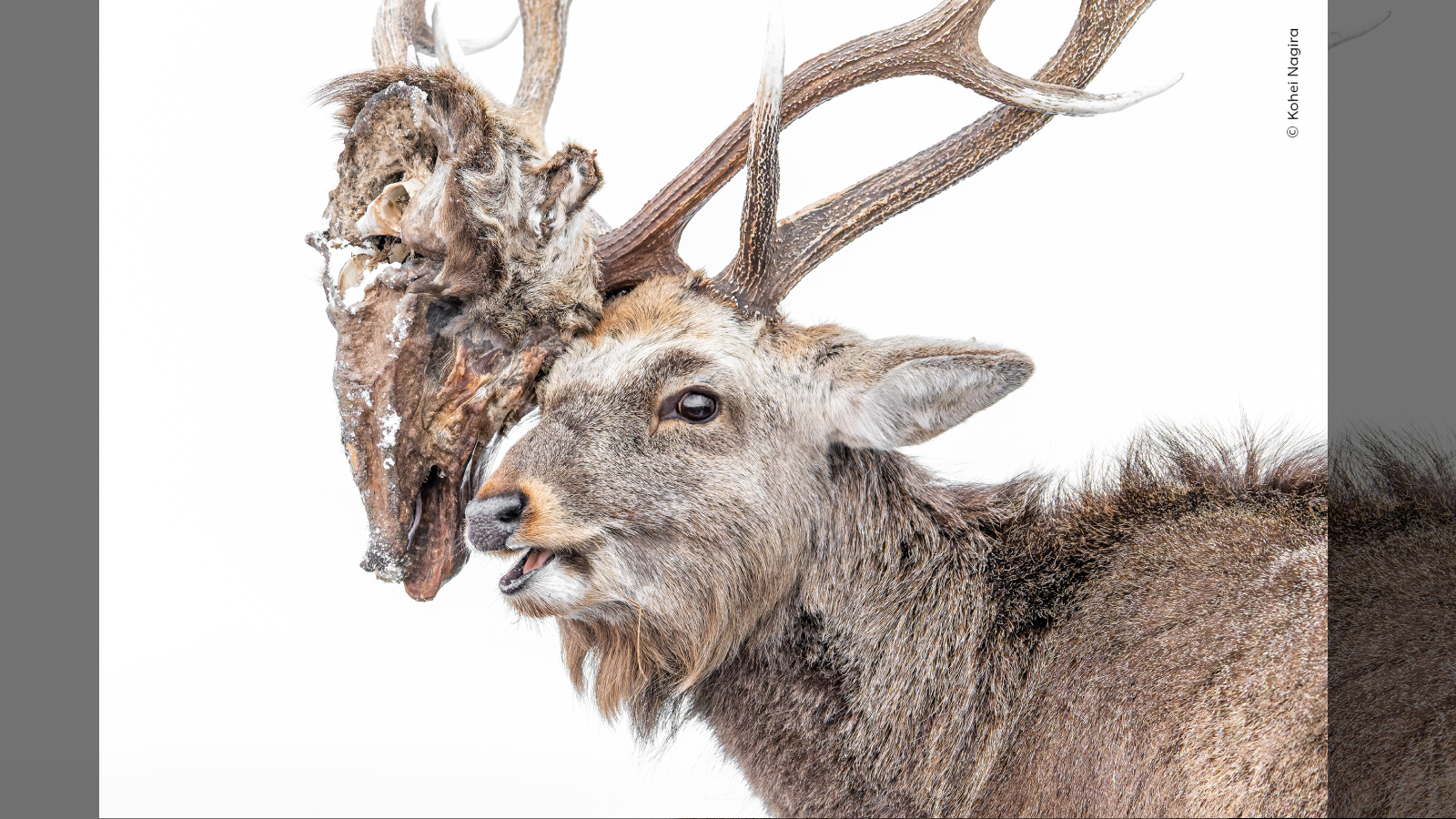Rudeness Wins: Bonobos Are Attracted to Creeps

Get the world’s most fascinating discoveries delivered straight to your inbox.
You are now subscribed
Your newsletter sign-up was successful
Want to add more newsletters?

Delivered Daily
Daily Newsletter
Sign up for the latest discoveries, groundbreaking research and fascinating breakthroughs that impact you and the wider world direct to your inbox.

Once a week
Life's Little Mysteries
Feed your curiosity with an exclusive mystery every week, solved with science and delivered direct to your inbox before it's seen anywhere else.

Once a week
How It Works
Sign up to our free science & technology newsletter for your weekly fix of fascinating articles, quick quizzes, amazing images, and more

Delivered daily
Space.com Newsletter
Breaking space news, the latest updates on rocket launches, skywatching events and more!

Once a month
Watch This Space
Sign up to our monthly entertainment newsletter to keep up with all our coverage of the latest sci-fi and space movies, tv shows, games and books.

Once a week
Night Sky This Week
Discover this week's must-see night sky events, moon phases, and stunning astrophotos. Sign up for our skywatching newsletter and explore the universe with us!
Join the club
Get full access to premium articles, exclusive features and a growing list of member rewards.
"You like me because I'm a scoundrel," interstellar smuggler Han Solo confidently told Princess Leia Organa in the 1981 film "The Empire Strikes Back." And scientists recently discovered a similar preference in bonobos, the great apes that are close relatives of chimpanzees.
Bonobos (Pan paniscus) are helpful sweethearts compared with their more aggressive chimp cousins (Pan troglogytes). But a new study found that these generally peaceful primates were also more likely to respond positively to individuals that were selfish, bullying or downright mean.
In other words, they're drawn to jerks. [8 Humanlike Behaviors of Primates]
Of course, Han Solo ultimately proved that he was quite a bit nicer than his self-serving manner initially suggested. But bonobos demonstrated in a series of trials that they were more likely to favor individuals that treated others poorly.
Prior research has shown that bonobos go out of their way to help others, even when their assistance hasn't been requested and they receive no reward for lending a hand. But when scientists showed bonobos videos in which some characters prevented others from reaching a goal, the bonobo subjects unexpectedly preferred the harmful individuals to the helpful ones.
In three experiments, bonobos watched animated and live-action videos that displayed characters attempting to complete a task; some characters helped, while other characters interfered. After viewing the videos, the bonobos were given a choice of accepting a food reward from either the helpful character or the pest, and the majority of the bonobos chose the troublemaker for their treat.
A fourth video experiment showed the bonobos a competition between two characters, with one dominant character succeeding by displacing its rival. When the bonobos were later offered a choice between the two individuals, they selected the one that had behaved more forcefully, the researchers discovered.
Get the world’s most fascinating discoveries delivered straight to your inbox.
Bonobos' liking for those that mistreat others may stem from a bias toward dominant individuals; forging a bond with a more aggressive bonobo could provide benefits within social groups, the study authors reported. Humans, on the other hand, typically respond more positively toward acts of altruism than of selfishness, according to previous studies. This suggests that consistently gravitating toward helpers and shunning antisocial acts is likely a unique human preference that emerged as we developed survival strategies involving cooperation among many individuals, the researchers concluded.
The findings were published online Jan. 4 in the journal Current Biology.
Original article on Live Science.

Mindy Weisberger is a science journalist and author of "Rise of the Zombie Bugs: The Surprising Science of Parasitic Mind-Control" (Hopkins Press). She formerly edited for Scholastic and was a channel editor and senior writer for Live Science. She has reported on general science, covering climate change, paleontology, biology and space. Mindy studied film at Columbia University; prior to LS, she produced, wrote and directed media for the American Museum of Natural History in NYC. Her videos about dinosaurs, astrophysics, biodiversity and evolution appear in museums and science centers worldwide, earning awards such as the CINE Golden Eagle and the Communicator Award of Excellence. Her writing has also appeared in Scientific American, The Washington Post, How It Works Magazine and CNN.
 Live Science Plus
Live Science Plus





